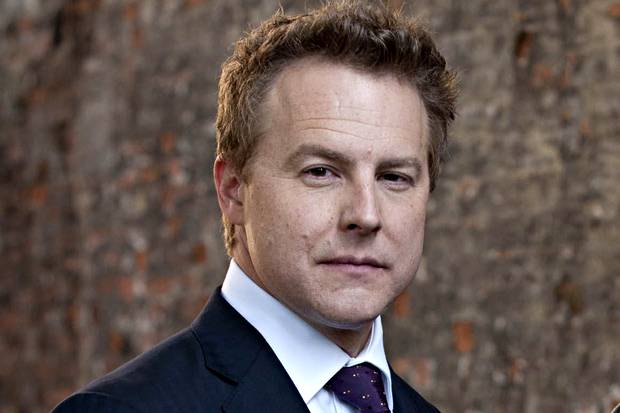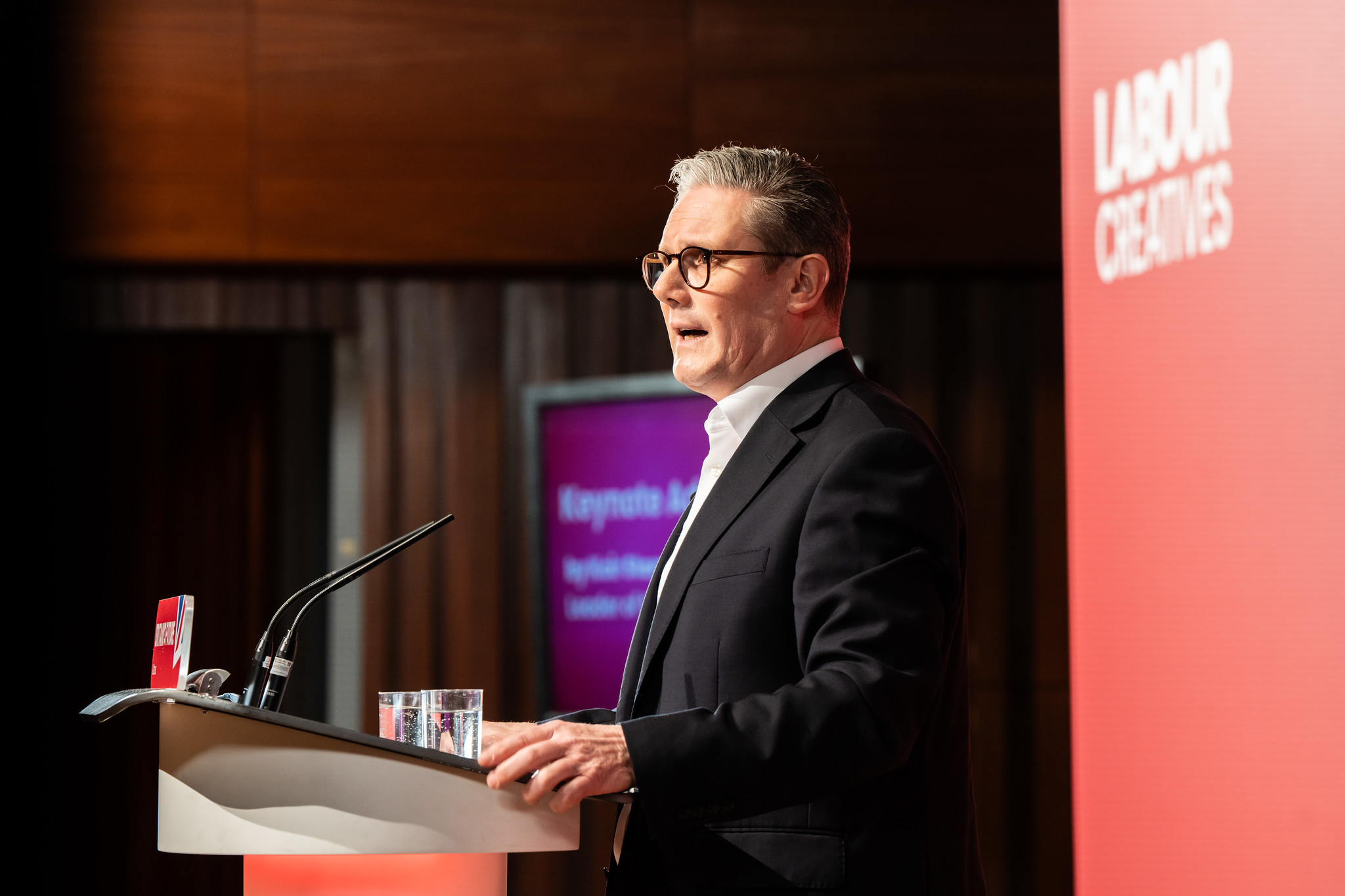The letter, published in The Times, comes as part of an ongoing campaign to include creative subjects in the EBacc, which the Department for Education has said it hoped would be taken up by 90% of secondary school students.
The EBacc proposals mean that every GCSE pupil would be required to study English, maths, science, a language and a humanities subject.
The letter, which is led by campaigners Bacc for the Future, said the arts industry was “deeply concerned” by the proposals to make the EBacc a headline accountability measure for schools, adding that creative subjects should be given equal visibility or they could be “squeezed out of schools altogether”.
It also noted a 14% drop in the number of creative and technical qualifications being taken between 2010 and 2015.
“We believe that it makes no sense for the government to implement an educational strategy which is narrowing a skills base in an area so integral to our economy’s success,” the letter continued.
Other signatories include Equity general secretary Christine Payne, Deborah Annetts, who is chief executive of the Incorporated Society of Musicians and who leads the Bacc for the Future campaign, Shakespeare’s Globe chief executive Neil Constable, Paines Plough co-artistic directors James Grieve and George Perrin, and Gavin Henderson, principal of the Royal Central School of Speech and Drama.



